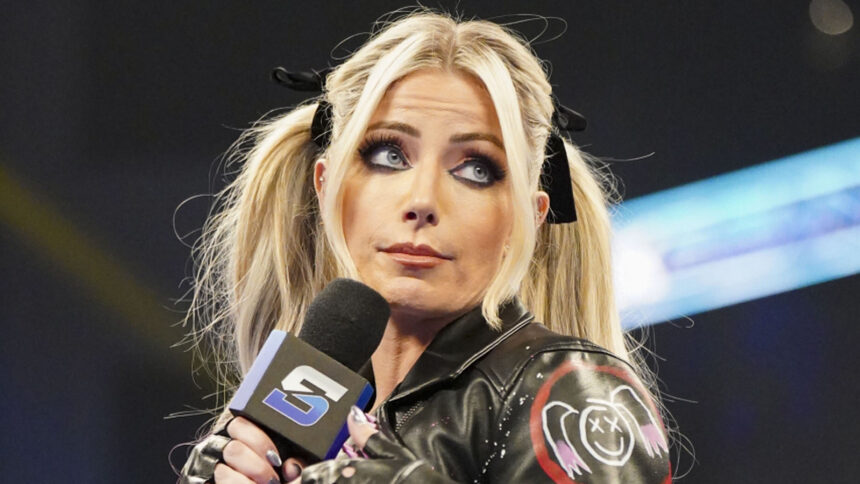WWE star Alexa Bliss has enjoyed widespread admiration within the wrestling community, especially given her longevity in the spotlight. Her abilities as a performer and character work have earned respect, even amidst recent contract disputes with WWE. Despite challenges, including polarized reactions to certain storylines during her career, fans warmly welcomed her back after her maternity leave this winter.
One of Bliss’s more contentious storylines unfolded during her feud with Nia Jax over the 2018 Raw Women’s Championship. The storyline initially appeared to focus on their rivalry for the title, but it evolved into a controversial narrative about body shaming. Bliss and Jax started as friends, but after a backstage incident where Bliss and Mickie James were caught talking negatively about Jax, their friendship ended, setting up a heated WrestleMania 34 clash. Jax defeated Bliss to claim the championship, continuing the feud and spotlighting sensitive issues surrounding body image.
Body shaming storylines have a history in WWE, often sparking backlash. A notable example dates back to 2009, involving Mickie James against Michelle McCool and Layla, which included very harsh insults and segments that were widely criticized. While Bliss and Jax’s angle did not reach the extreme lows of that storyline, it still faced significant criticism. WWE appeared to have learned from past mistakes by placing the correct roles of “baby face” and “heel” in this feud, yet many fans remained skeptical and critical of the narrative.
In a revealing interview post-feud, Bliss admitted that she and Jax were heavily involved in creating the storyline and that Jax contributed some of the more controversial lines. Both women recognized the storyline’s tough nature but saw it as a necessary part to drive engagement and enhance the drama. Despite their efforts, fan reaction suggested the angle did not hit the mark, which may explain why this chapter in their careers is best forgotten—much like a line from Mel Brooks’ “Spaceballs”: “No, just walk past this part. In fact, don’t play this again.”
Fan Take: This story highlights how WWE’s creative risks can sometimes misfire, especially when handling sensitive topics like body shaming. For fans, it’s a reminder of the importance of respectful storytelling in wrestling, influencing how future narratives are crafted and received in the sport.













